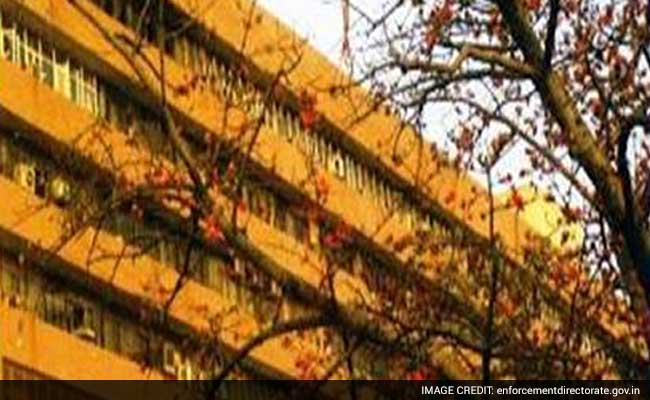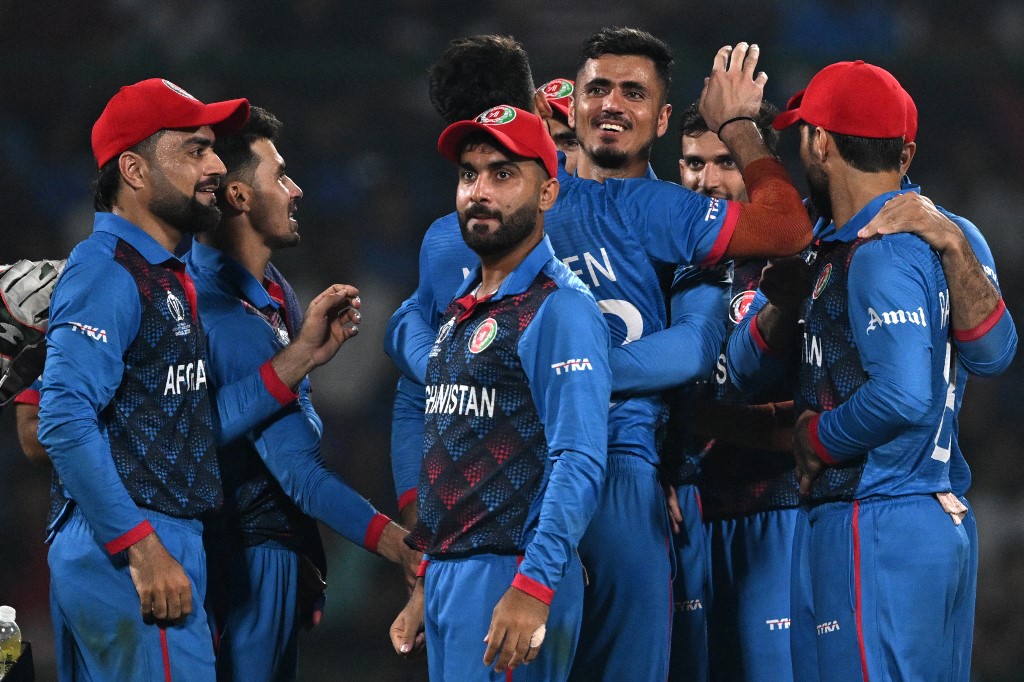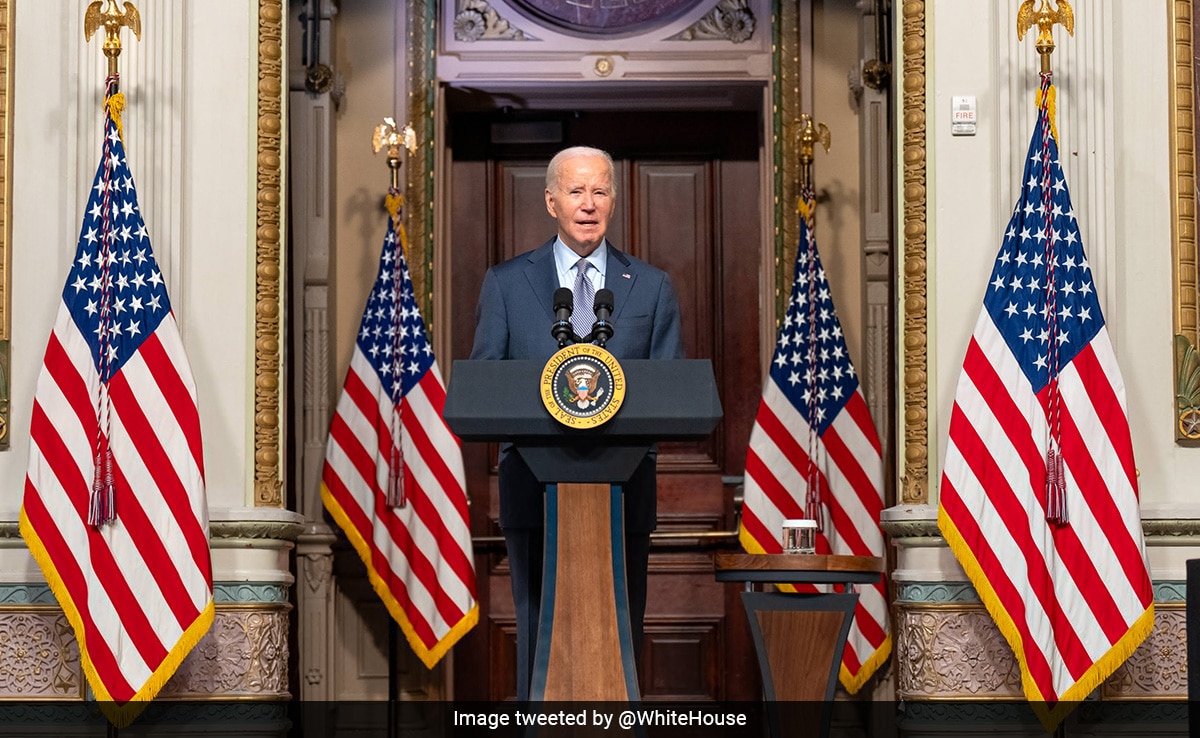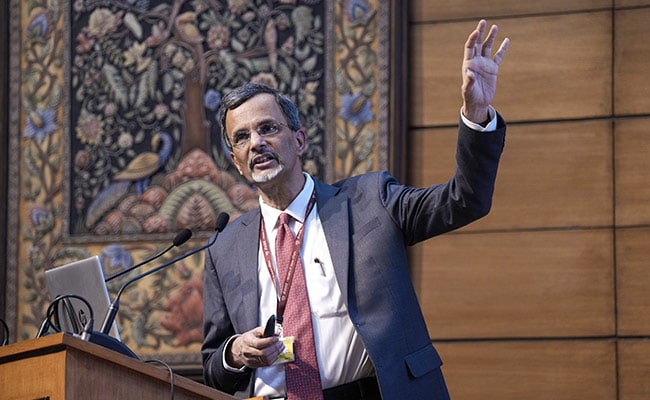In recent years, the credibility of some of NSO’s data, especially the results of various household surveys traditionally carried out by the National Sample Survey Office have come under a cloud, with even top government officials questioning their approach and outcomes. File
| Photo Credit: Reuters
The story so far: The Ministry of Statistics and Programme Implementation has formed a new Standing Committee on Statistics (SCoS) to advise on official data generated by the National Statistical Office (NSO). This panel, chaired by former National Statistical Commission chief and India’s first Chief Statistician Pronab Sen, will replace another committee headed by him that was formed in 2019 to advise on economic data.
What is different about the new committee?
The Standing Committee on Economic Statistics was mandated to review the framework for economic indicators such as those pertaining to the industrial and services sectors, along with labour force statistics. This meant its focus was limited to reviewing high-frequency data like the Index of Industrial Production (IIP) and the Consumer Price Index (CPI), apart from surveys and enumerations like the Economic Census, Annual Survey of Industries and the Periodic Labour Force Survey. The SCoS, as per the order issued by the Ministry on July 13, has “enhanced terms of reference” that enable it to advise the Ministry not just on all existing surveys and data sets, but also identify areas where data gaps exist, suggest ways to fill them and carry out pilot surveys and studies to finetune new approaches for capturing better data. The new committee is also half the size of the 28-member panel that was reviewing economic data.
Editorial | The missing numbers: On the current vacuum of official data
Mr. Sen is accompanied by seven academics, including former Institute of Economic Growth professor Biswanath Goldar, National Council for Applied Economic Research professor Sonalde Desai, and Mausami Bose, professor at the Indian Statistical Institute. “Traditionally, the NSO used to appoint committees to advise on design and methodology for Surveys,” said a veteran statistician. “However, this panel has a wider mandate as it can also proactively work on issues beyond the surveys for which the Ministry seeks their guidance,” he pointed out. For instance, one of the items on SCoS’ agenda is to explore the availability of administrative statistics that can be useful for surveys and generating more data.
Why does it matter?
In recent years, the credibility of some of NSO’s data, especially the results of various household surveys traditionally carried out by the National Sample Survey Office (NSSO) have come under a cloud, with even top government officials questioning their approach and outcomes. In 2019, the government had decided to junk the results of two major NSSO household surveys carried out in 2017-18 — to assess the employment and consumption expenditure levels in Indian households — by claiming they suffered from “data quality issues”. The actual rationale for withholding the outcome of the last surveys, carried out soon after demonetisation and the implementation of the Goods and Services Tax (GST), is believed to be that they revealed distress in households. A similar dilemma had arisen for policy makers when these surveys, carried out every five years, revealed a not-so-enthralling picture when they were conducted in 2009-10, soon after the global financial crisis. But the government went ahead and published those findings and decided to do fresh surveys in 2011-12 to filter out the ill-effects of the 2008 crisis.
However, after the 2017-18 Surveys were junked, a fresh Household Consumption Expenditure Survey (HCES) was started only last July and its results may take at least another year to be finalised. In the absence of this data, India’s key economic indicators such as retail inflation, GDP or even the extent of poverty, usually revised based on evolving consumption trends, continue to be based on the 2011-12 numbers, and are divorced from contemporary ground realities. It compels the government to rely on proxy data such as Employees’ Provident Fund (EPF) account numbers to gauge employment trends and the National Family Health Survey to assess poverty levels.
How can the SCoS bridge the trust deficit surrounding official data?
While it can advise the Statistics Ministry on individual surveys and data sets, the new panel is also expected to help address issues raised “from time to time” on the results and methodology of surveys. With survey design and features evolving, the panel can seek to sensitise data users about the nuances involved to ensure better interpretation of the numbers. Most importantly, the SCoS, which will help the NSO finalise survey results and, the independent National Statistical Commission that is empowered to assess whether any official data is fit for release, must seek to rebuild the credibility of India’s statistics.
- The Ministry of Statistics and Programme Implementation has formed a new Standing Committee on Statistics (SCoS) to advise on official data generated by the National Statistical Office (NSO). This panel, chaired by former National Statistical Commission chief and India’s first Chief Statistician Pronab Sen, will replace another committee headed by him that was formed in 2019 to advise on economic data.
- The Standing Committee on Economic Statistics was mandated to review the framework for economic indicators such as those pertaining to the industrial and services sectors, along with labour force statistics.
- In recent years, the credibility of some of NSO’s data, especially the results of various household surveys traditionally carried out by the National Sample Survey Office (NSSO) have come under a cloud, with even top government officials questioning their approach and outcomes.








